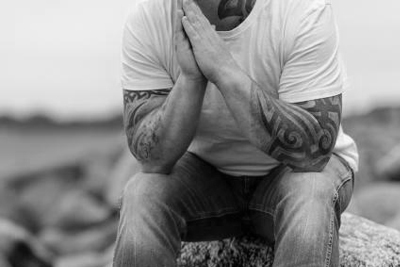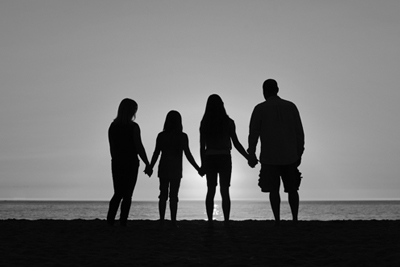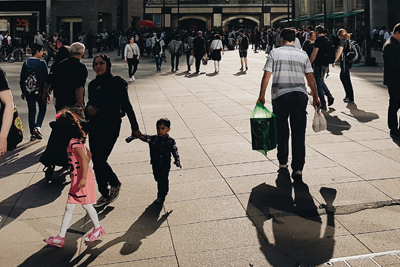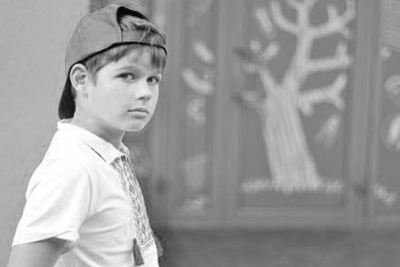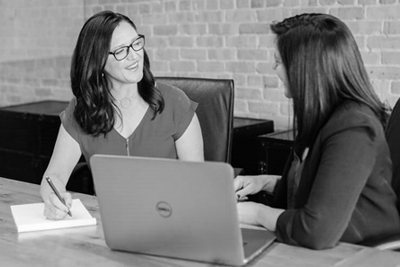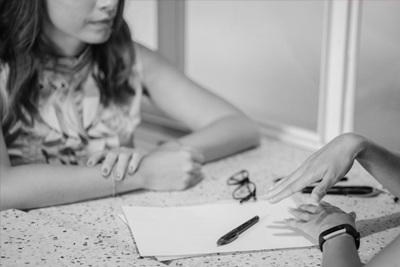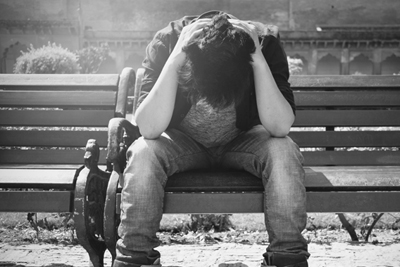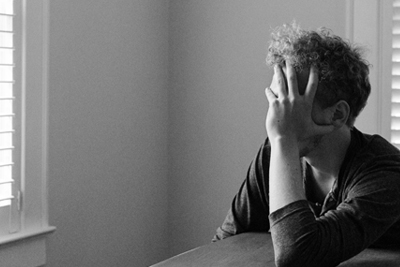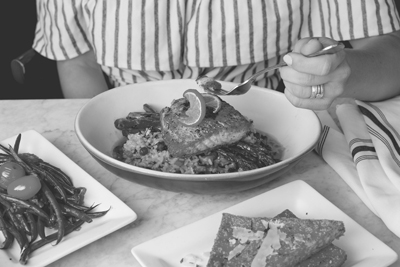Body Image for Eating Disorders and Beyond
What we consider attractive today is only the latest iteration of a long line of arbitrarily constructed beauty ideals. While it is important to challenge these ideals, we also have the opportunity to understand our bodies as being about more than appearance and ourselves as being about more than our bodies. This concept is called body neutrality and is often a helpful bridge to improved body image given how difficult it is to love our bodies in a world that constantly makes us feel like we should not. Julia Rodgers, LLMSW shares her expertise in the subject of body image.
Most of us have been conditioned to think of our bodies as ornaments that exist solely to look “acceptable.” Body neutrality asks us to consider what it might be like in these moments to notice and respect how your body functions and what it allows you to do. The arms that one person despises may also allow them to hug or care for the people that they love. The thighs that another person wrestles with may also take them through travels, hobbies, and other activities that they enjoy. Body neutrality also asks you to not reduce yourself down to your body and to notice and elevate who you are beyond your body. Very often, body loathing (“my body is bad”) translates to self-loathing (“I am bad”). These intensely painful moments call for self-kindness and create an opening for us to see ourselves as “more than our bodies.” What are the values, attitudes, and beliefs you bring to your interactions in the world? What do you love and respect about the most important people in your life and what do they value about you? Most of the time, what is loved, valued, and remembered is not the overall body or specific parts that we have condensed ourselves down to.

Often, resistance to body image work can arise for individuals who are seeking to change their weight, shape, or physical appearance. It can feel counterintuitive to respect a body that one is seeking to change. Sometimes the change is motivated by functional or medical challenges posed by what is happening in the body. These individuals, however, are often not unaffected by painful stigma and stereotyping that labels bodies that deviate from the beauty standard as “bad” or “disgusting” or “unlovable” among other things. That is why it is so important to offer body image support to these patients. Regardless of weight or other physical appearance goals, they deserve to be supported in understanding why they feel like their body is bad. If they do need or decide to proceed with changing their body, this work supports them in experiencing their bodies through that process in a more healing way: learning the body as being about more than appearance, the self as more than the body, and the notion that their body as bad as a construction rather than a fact. This is important work because a body inevitably changes over a lifetime and so does the beauty standard. Many of us will experience wrinkles, illnesses, accidents, and physical capacity constraints among other changes. The beauty standard will move from thin bodies with large hips to some entirely new and arbitrary construction. And if we solely focus on changing the body without decoding why and what the body has come to mean to a client, we are limiting their capacity to heal.
At RCBM, we understand how difficult it is to stop negative thinking patterns, especially around the body. The great news is that our brains allow for neuroplasticity. This means that each time you replace a negative body image thought with a more neutral one, you are actively changing pathways in your brain and moving towards a more peaceful relationship with your body. Because so many individuals translate real concerns into the language of fat and food, our eating disorder team at RCBM works with you to get to the root of your concern vs focusing on weight.
For more information on how we can help, check out our Eating Disorders Program here: https://www.rcbm.net/behaviora...

